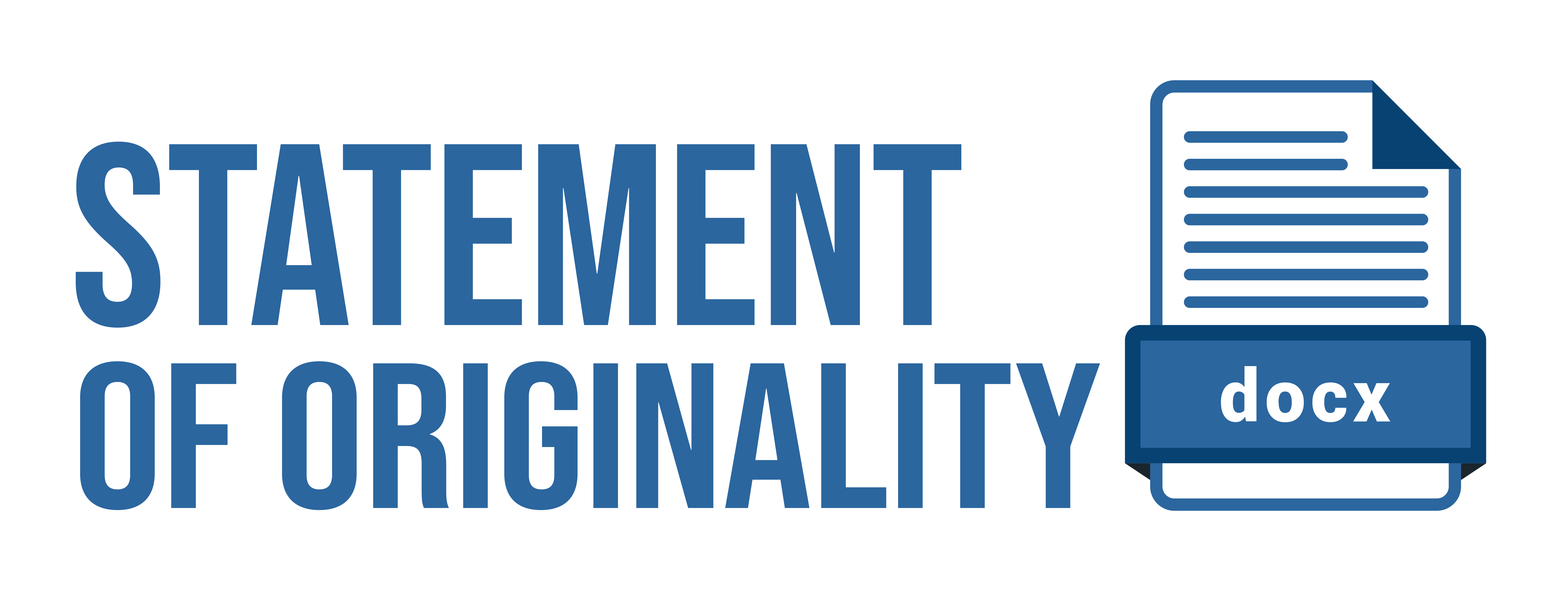DIMENSI KONDISIONALITAS DAN FLEKSIBILITAS AL-QUR'AN BAGI IMPLEMENTASI FATWA DSN-MUI TENTANG PRODUK BANK SYARIAH
DOI:
https://doi.org/10.15575/as.v22i1.8467Keywords:
fatwa DSN, kondisionalitas, fleksibilitasAbstract
Abstract: This study discusses the dimensions of the conditionality of the Koran, the flexibility of the Koran, and the implementation of the National Sharia Council of the Indonesian Ulema Council Center for the dimension of conditionality and the dimension of the flexibility of the Koran regarding sharia bank products in Indonesia. With a qualitative approach and content analysis method, it is found that the conditionality of the Koran means the conditioning demanded by ‘illat al-hukm (legal motives) within the framework of tathbiq al-hukm (application of the law). The dimension of the versatility of the Koran shows that the existence of the Koran is always flexible in responding to demands the size of the place and time that surrounds it without ignoring the objectives of the shari'a. Indonesia has an Indonesian Ulama Council (MUI) which appoints its National Sharia Council (DSN) -MUI work unit as a fatwa authority institution that enters into the sharia application legislation regulation legislation practiced by the banking world in Indonesia. Islamic banks after obtaining legislation from Bank Indonesia and issued regulations by the Financial Services Authority (OJK). The presence of the DSN Fatwa institution is evidence of the dimensions of conditionality and flexibility of the verses of the Koran in the field of Islamic economics.
Abstrak: Penelitian ini membahas tentang dimensi kondisionalitas Al-Qur’an, fleksibilitas Al-Qur’an, dan implementasi Dewan Syariah Nasional Majelis Ulama Indnonesia Pusat dimensi kondisionalitas dan dimensi fleksibilitas Al-Qur’an tentang produk bank syari’ah di Indonesia. Dengan pendekatan kualitatif dan metode analisis isi (content analysis) diperoleh bahwa kondisionalitas Al-Qur’an bermakna pengkondisian yang dituntut oleh ‘illat al-hukm (motif hukum) dalam kerangka tathbiq al-hukm (pengaplikasian hukum). Dimensi fleksibilitas Al-Qur’an menunjukkan bahwa eksistensi Al-Qur’an senantiasa luwes merespon tuntutan, seukuran dengan tempat dan waktu yang melingkupinya tanpa mengabaikan tujuan syari’ah. Indonesia memiliki lembaga Majelis Ulama Indonesia (MUI) yang menunjuk unit kerjanya Dewan Syariah Nasioanl (DSN) MUI sebagai lembaga otoritas fatwa yang masuk ke dalam wilayah regulasi legislasi aplikasi akad syariah yang dipraktikkan oleh dunia perbankan di Indonesia. Bank syariah setelah mendapatkan legislasi dari Bank Indonesia dan diterbitkan peraturan oleh Otoritas jasa Keuangan (OJK). Kehadiran institusi Fatwa DSN merupakan bukti implikasi dimensi kondisionalitas dan fleksibilitas ayat-ayat Al-Qur’an dalam bidang ekonomi syariah.
References
Al-‘Utsaimin, Muhamad bin Shalih, Syarh Riyadh Al-Shalihin, Beirut: Dar Ibn ‘Ashashat, 2006.
Al-Alusi, Syihab Al-Din Mahmud bin Abdillah Al-Husaini. Ruh Al-Ma’ani, Beirut: Dar Al-Kutub Al-‘Ilmiyat, 1415.
Al-Khudlari Bik, Al-Syaikh Muhamad. Ushul Al-Fiqh.Beirut: Dar Al-Fikr, 1988.
Al-Qasimi, Muhamad Jamal Al-Din bin Sa’id bin Qasim Al-Halaq. Mahasin Al-Ta’wil, Beirut: dar Al-Kutub Al-‘Ilmiyat, 1418 H.
Al-Shabuni, Muhamad Ali, Al-Tibyan Fi ‘Ulum Al-Qur’an, Dar Al-Mawahib Al-Islamiyat: 2016.
Al-Shalih, Shubhi. Mabahits Fi ‘Ulum Al-Qur’an, Beirut: Dar Al-‘Ilm Lil Malayin, 1988.
Al-Zhahiri. Abu Muhamad ‘Ali bin Ahmad bin Sa’id bin Hazm Al-Andalusi Al-Qurthubi, Al-Muhalla Bi Al-Atsar, Beirut: Dar Al-Kutub Al-‘Ilmiyat, 2008.
Al-Zuhaili, Wahbah bin Mushtafa. Tafsir Al-Munir, Damaskus: Dar Al-Fikr, 1418 H.
Anonimous, Al-Qur’an Hafalan Mudah, Bandung: Cordoba, 2018.
Hakim, Abdul Hamid. Mabadi’u Awaliyat, Jakarta: Maktabat Al-Sa’adiyat Putra, 2007.
https://kkbi.web.id/dimensi.html, diakses pada tanggal 18 Mei 2020
Ibn Katsir,Tafsir Al-Qur’an Al-‘Azhim, Beirut: Dar Al-Fikr, 1992.
Nazir, Moh., Metode Penelitian, Bandung: Ghalia Indonesia, 2003.
Rahmat, Jalaludin. Metodologi Hukum. Jakarta: Fajar Agung, 1997.
Sugiyono, Metode Penelitian Kuantitatif, Kualitatif Dan R&D, Bandung: Alfabeta, 2013.
Sukanto, Suerjono dan Mamudji, Sri. Penelitian Hukum Normatif Suatu Tinjauan Singkat, Cet. 11, Jakarta: PT. Raja Grafindo Persada, 2009.
Syam, Ichwan dkk. Himpunan Fatwa Dewan Syariah Nasional MUI, Jakarta: Dewan Syariah Nasional MUI-Bank Indonesia, 2006.
Thanthawi, Muhamad Sayyid. Al-Tafsir Al-Wasith Li Al-Qur’an Al-Karim, Kairo: Dar Nahdhat, 1997.
Wahbat Al-Zuhaili, Ushul Al-Fiqh Al-Islami, Damaskus: Dar Al-Fikr, 2006.
www.pengertianmenurutparaahli.net, diakses pada tanggal 18 Mei 2020
Downloads
Published
How to Cite
Issue
Section
Citation Check
License
The author whose published manuscript approved the following provisions:
- Authors retain copyright and grant the journal right of first publication with the work simultaneously licensed under a Attribution-ShareAlike 4.0 International (CC BY-SA 4.0) License that allows others to share the work with an acknowledgment of the work's authorship and initial publication in this journal.
- Authors are able to enter into separate, additional contractual arrangements for the non-exclusive distribution of the journal's published version of the work (e.g., post it to an institutional repository or publish it in a book), with an acknowledgment of its initial publication in this journal.
- Authors are permitted and encouraged to post their work online (e.g., in institutional repositories or on their website) prior to and during the submission process, as it can lead to productive exchanges, as well as earlier and greater citation of published work (See The Effect of Open Access).






